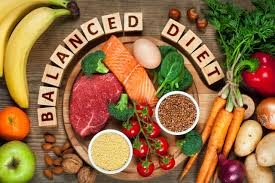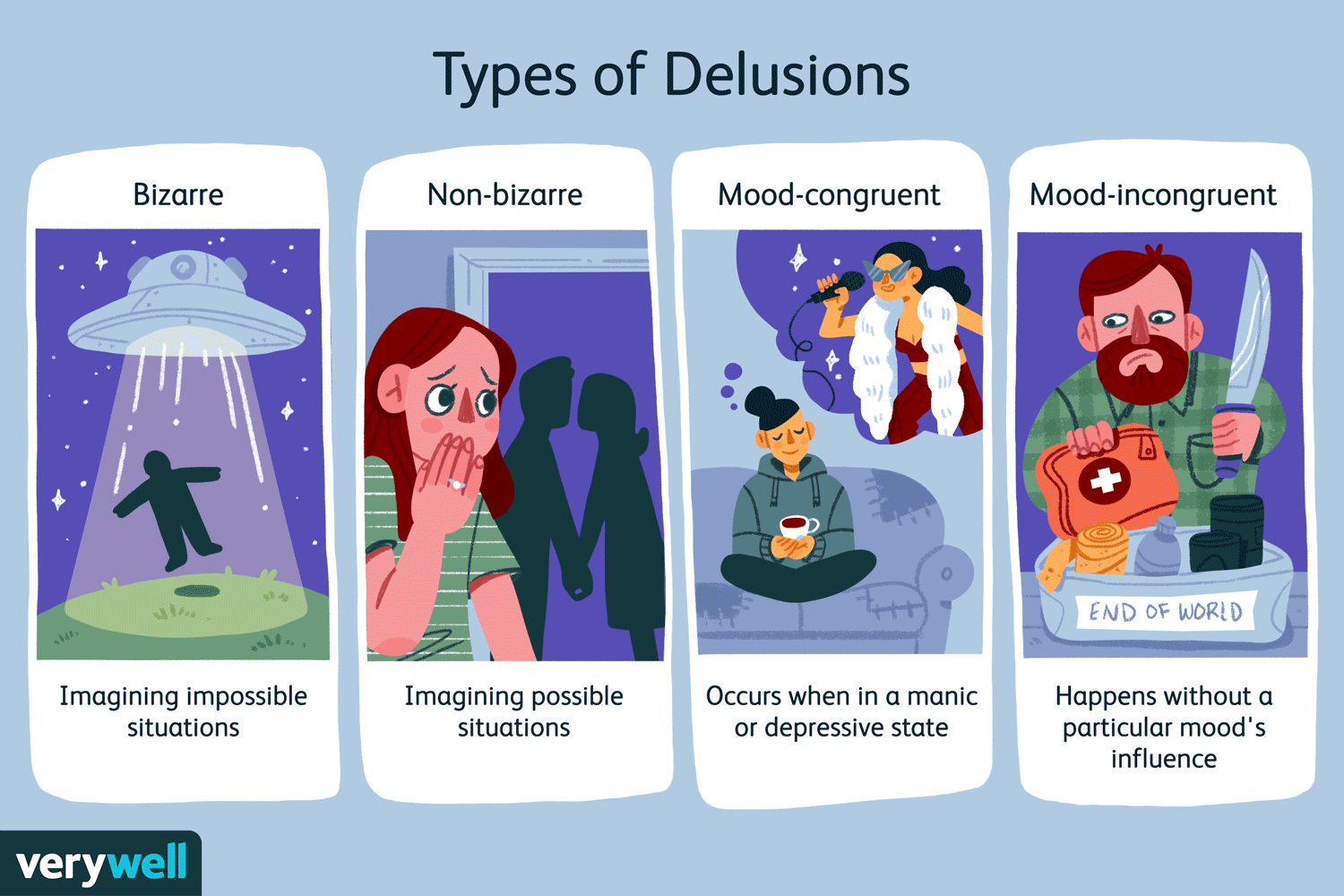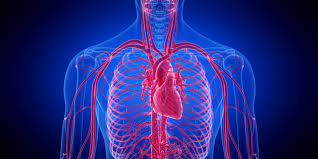A healthy diet is essential for good health and well-being. It provides your body with the nutrients it needs to function properly. A balanced diet includes a variety of foods from all food groups.
Key Nutrients
- Carbohydrates: Provide energy for the body. They are found in grains, fruits, vegetables, and dairy products.
- Proteins: Build and repair tissues. They are found in meat, poultry, fish, eggs, beans, and lentils.
- Fats: Provide energy and help absorb vitamins. Healthy fats are found in nuts, seeds, avocados, and olive oil.
- Vitamins and minerals: These essential nutrients help regulate various bodily functions. They can be found in a variety of foods, including fruits, vegetables, whole grains, and lean proteins.
- Water: Essential for hydration and maintaining bodily functions.
Balanced Diet
A balanced diet includes a variety of foods from all food groups. It is important to eat a variety of fruits and vegetables, whole grains, lean proteins, and healthy fats.
Tips for Healthy Eating
- Read food labels: Pay attention to serving sizes, calories, and nutrient content.
- Choose whole grains: Opt for whole-grain bread, pasta, rice, and cereal over refined grains.
- Limit processed foods: Processed foods are often high in unhealthy fats, sodium, and added sugars.
- Control portion sizes: Be mindful of portion sizes to avoid overeating.
- Stay hydrated: Drink plenty of water throughout the day.
- Listen to your body: Pay attention to your hunger and fullness cues.
Nutritional Needs
Nutritional needs vary depending on age, gender, activity level, and other factors. It is important to consult with a healthcare professional or registered dietitian for personalized dietary advice.
A healthy diet is essential for overall health and well-being. By consuming a variety of nutritious foods and making informed choices, you can support your body’s functions and reduce your risk of chronic diseases.



